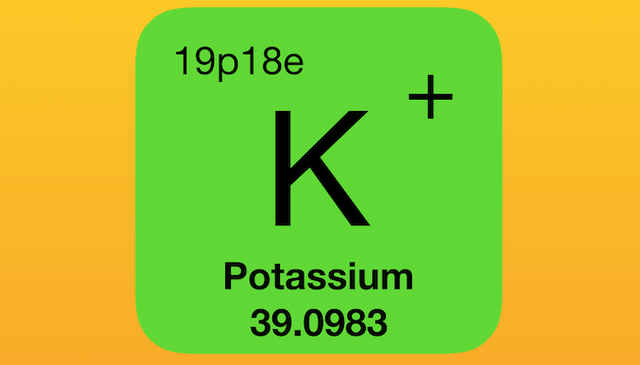
Hypokalemia is diagnosed by reading the report of the electrolyte panel which is done in nearly all patients who have blood tests done in the hospital or in the outpatient setting. Any value of serum potassium concentration lower than 3.5 mEq/L is considered hypokalemia.
In order to find the causes for the development of hypokalemia, other tests are used. For example, if hypokalemia is related to hypertension and hormonal changes are suspected, plasma renin activity (PRA) and plasma aldosterone concentration (PAC) are needed. A trans tubular potassium gradient (TTKG) test is used to see if hypokalemia is related to potassium wasting through the urine. Genetic testing may be ordered for cases of suspected hypokalemic periodic paralysis (hypoKPP), a form of extreme muscle weakness, triggered by low potassium levels in the blood.
If the patient has hypokalemia, the potassium level has to be measured at least daily (and more frequently if the hypokalemia is severe) and a few hours after potassium replacement has been given in order to see if the treatment the patient is receiving is resulting in improving the serum potassium level.
Disclaimer
Any information or statement present in this post does not replace your health care provider’s advice or treatment. This blog does not provide medical advice, prescribe medications or therapies, or diagnose conditions, it only expresses an opinion. If you have a health-related question or condition, confer with your healthcare provider.
Quotations
- In order to quote from this article please use the following (Chicago style):
Marco A. Ramos, “Hypokalemia for Everyone. #6. Diagnosis and Tests Used in Hypokalemia,” SMO Blog (blog), June 9, 2019, https://steemit.com/health/@secondmedicalop/hypokalemia-for-everyone-diagnosis-and-tests-used-in-hypokalemia
Read the other sections of this series:
Introduction
What Causes Hypokalemia? A
What Causes Hypokalemia? B
What Causes Hypokalemia? C
How Common is Hypokalemia?
What Happens When Someone Has Hypokalemia?
Signs and Symptoms of Hypokalemia